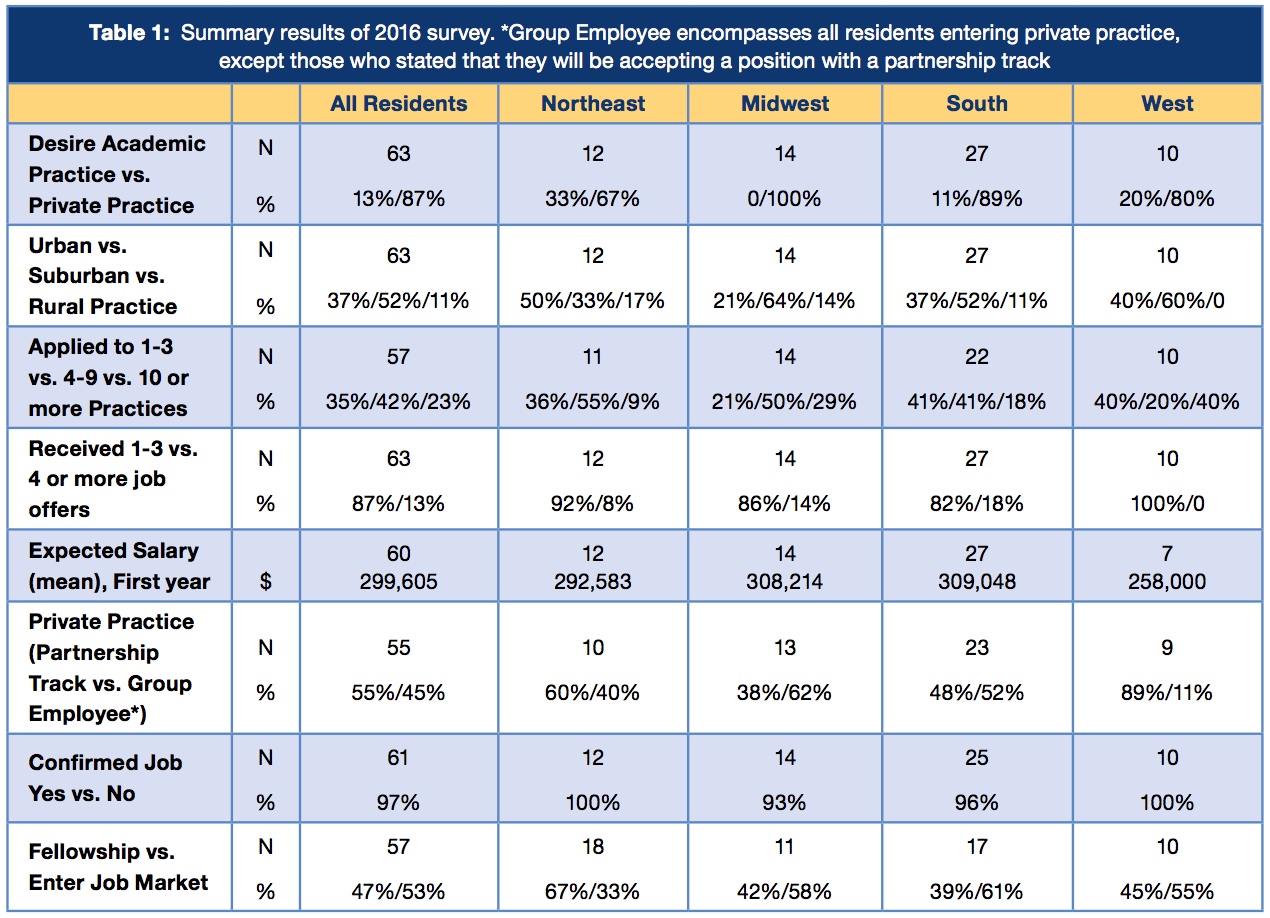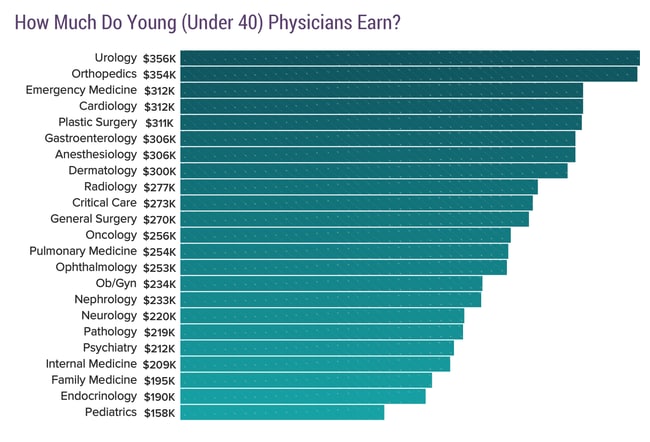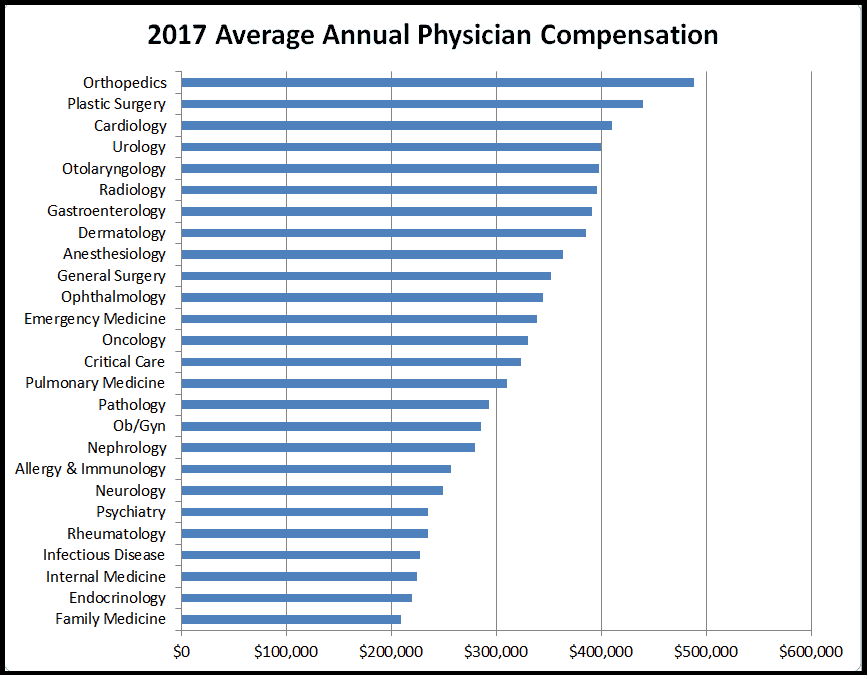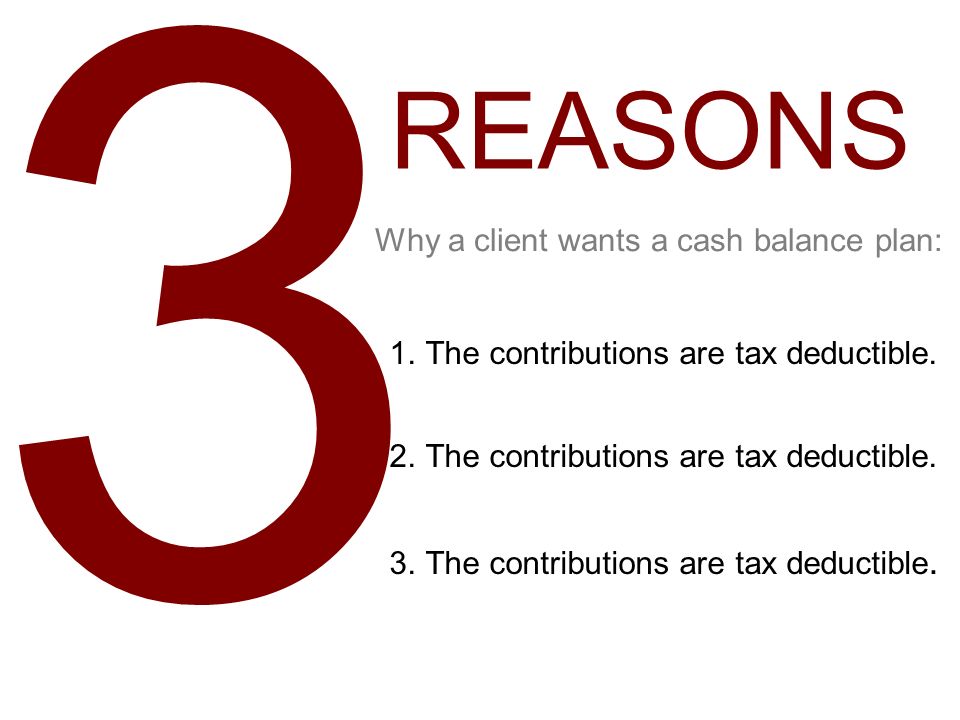This, at least, is entirely self-inflicted. And its actually something individual anesthesiologists can fix to some degree if that perception bothers them.
Most places I've been, a case ends, the surgeon exits, puts on a white coat, talks to family (if any), talks to the next patient, removes coat, goes to OR to do next case.
What do we do? Slum around in pajamas all day.
We gripe about how even RTs and ward nurses are wearing white coats these days, because patients mistake them for doctors. And then we don't wear them, and gripe that the patients mistake us for not-doctors. We're kind of stupid that way.
There's no reason why we can't put on a coat between patients and give the patients an obvious visual cue, followed by a "Hi I'm doctor ______" introduction. But we don't. Most of the time, I'm as guilty of it as other anesthesiologists are.




